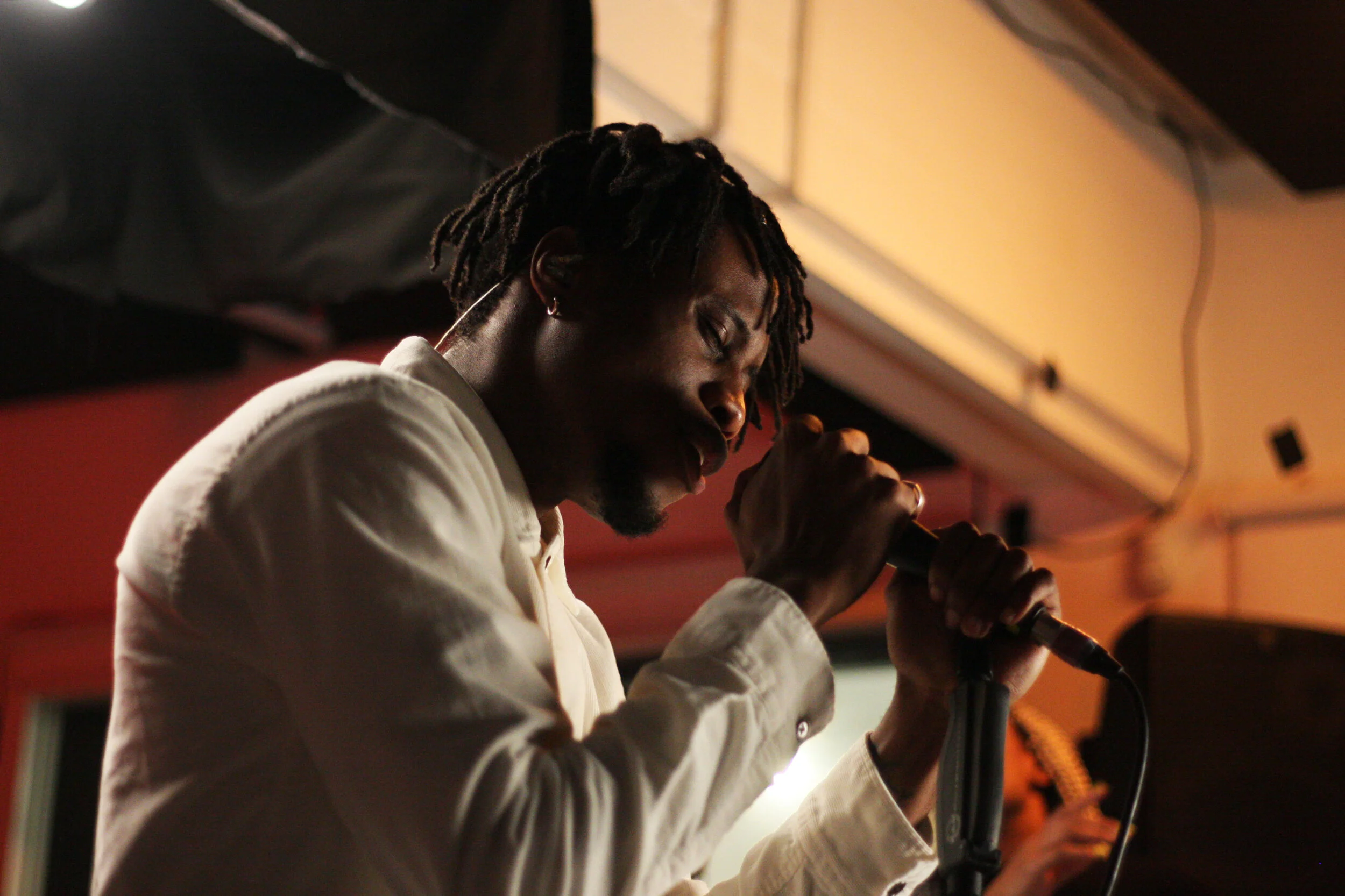REVIEW: Cosey Fanni Tutti – 'TUTTI'
Written for NME [4/2/19]
Like the soundtrack to a lost episode of ‘Black Mirror’, the avant-garde musician’s first album in 37 years is a remarkably intelligent and engrossing record, one whose ebb and flow reflects her entire career
It’s almost four decades since Cosey Fanni Tutti released her first – and previous – solo album, ‘Time To Tell’. In the years since the British avant-garde artist has continued making music with Throbbing Gristle and Carter Tutti, and has written the memoir Art Sex Music (2017). In the book, she recounts stories of her career as a musician, a pornographic performer and art provocateur (London’s ICA once exhibited her used tampons) as well as disturbing details of a past abusive relationship.
On her new record, ‘TUTTI’, Cosey has produced something of a companion piece to the memoir. She said it’s her only album that expresses “the totality of my being” and a “sense of the past in relation to the present and everything in between”. The record was also the soundtrack to her short autobiographical film Harmonic Coumaction, which opened the Hull UK City of Culture ceremony in 2017 (with certain parts re-recorded). It’s contemporary in overall tone but at points introduces ‘90s club strands alongside her older ‘80s synth experiments. It’s a space for her past to inform the present and vice versa. What impresses most is the seamless way in which Cosey fuses these ideas; she’s a master puppeteer of texture and dynamics.
Throughout ‘TUTTI’, Cosey finds clever ways to rewire digital glitch with primal sounds. On the title track a militant techno beat propels pitch bends and mechanical ticks, though the sound of a cornet is never far away. On ‘Orenda’, Cosey tangles metallophone chimes and brass with electronics to effect a kind of deconstructed Gamelan song. It’s beautifully architectured by her dexterous soundscapist skills, with elements harking to the droney components of her 1982 song ‘Ritual Awakening’.
Many tracks on ‘TUTTI’ could soundtrack a Black Mirror episode. The perturbing, chattering synths on ‘Sophic Ripple’, coupled with the twitching digital detritus of ‘Drone’, make for a disconcerting feeling that the robots are going to take over. These mutant voices also wind their way into ‘Moe’, a warbling techno track with the underbelly of ‘90s club music. One wonders if the song’s cyborg sounds are Cosey’s own but masked by tech. Only once do we hear her singing voice clearly on ‘Heliy’ which, alongside ‘Split’, marks a noticeable shift down in tempo for the album’s meditative second half.
Indeed, the progression from thumping electronics at the start of ‘TUTTI’ to the ruminative, polytextured soundscapes at the end (‘En’, ‘Orenda’) may be Cosey’s way of charting the vim and vigour of her pioneering ‘60s /’70s work to a serener life decades on. However you interpret it, ‘TUTTI’ is a remarkably intelligent and engrossing record for then, now, and the future.
★★★★☆



